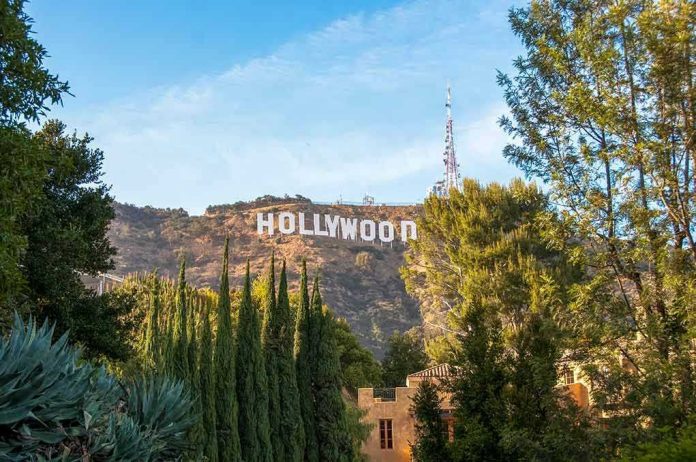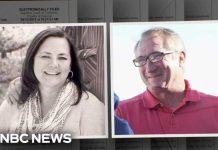
One actor’s three-word outburst—“go to hell”—cracked open a national debate about power, protest, and the meaning of American democracy in the shadow of Chicago’s storied streets.
Story Snapshot
- John Cusack’s fiery message to Donald Trump electrified the “No Kings” protest in Chicago.
- The movement swelled to thousands of cities, framing itself as a defense against perceived authoritarianism.
- Federal intervention in local governance collided with deep-rooted Chicago traditions of civic resistance.
- Celebrity activism and mass mobilization forced a public reckoning with executive overreach and American values.
Cusack, Trump, and the Chicago Flashpoint
Crowds surged through downtown Chicago, banners aloft, voices echoing off the Loop’s glass and granite. At the heart of the commotion stood actor John Cusack—Chicago native, progressive firebrand, and unlikely lightning rod for a protest that was as much about principle as politics. Cusack’s message, delivered live on CNN, was unambiguous: “Trump, go to hell.” His words ricocheted through social media and newsrooms, igniting supporters and critics alike. The protest, branded “No Kings,” marked a flashpoint in the ongoing clash between federal authority and city autonomy—a struggle as old as the Republic, but newly urgent in the Trump era.
The “No Kings” rally wasn’t just another day in the Windy City’s long history of protest. It was the product of a swelling, nationwide movement that began months earlier, sparked by the Trump administration’s proposals to slash federal programs and increase executive power. The first demonstrations erupted in February on Presidents’ Day, gaining momentum in June as Trump’s military parade for the Army’s 250th anniversary became a national spectacle. By the time Cusack took the mic in Chicago, the movement had grown to over 2,500 cities, propelled by a coalition of advocacy groups and ordinary citizens alarmed by the prospect of federal troops patrolling their streets.
The Roots of Resistance: Chicago’s Defiant Tradition
Chicago’s identity is forged in the fires of labor activism and defiance against centralized power. Cusack, invoking the city’s storied past—from the Haymarket affair to union battles—tapped into a deep well of civic pride and skepticism toward outsiders wielding unchecked authority. The protest’s name, “No Kings,” drew a straight line to the American Revolution, a reminder that this country was built in opposition to monarchy and tyranny. City officials, echoing this sentiment, rebuffed Trump’s threats to deploy federal troops, calling the intervention both unnecessary and politically motivated.
The stakes were more than symbolic. Trump’s administration, citing law and order, labeled the protests “Hate America rallies” and pointed fingers at groups like Antifa. Protest organizers countered with a message of patriotic dissent, emphasizing the defense of democracy, labor rights, and the right of cities to govern themselves without outside interference. As the government shutdown dragged on, the confrontation grew more charged, with Cusack’s words inflaming passions on both sides.
Celebrity, Power, and the Amplification of Protest
Cusack’s presence transformed the Chicago protest from a local demonstration into a national media event. Celebrity activism, often dismissed as performative, here served as a megaphone for thousands who felt unheard. The actor’s blunt rebuke of Trump became a rallying cry, amplified by cable news and social platforms. Yet, the movement’s real power lay in its scale—millions marching, chanting, and refusing to cede ground on the meaning of American freedom. Indivisible’s Ezra Levin summarized the stakes: “There is no greater threat to an authoritarian regime than patriotic people-power.”
Trump, for his part, insisted, “I’m not a king,” but the protest’s framing stuck. The administration’s attempts to dismiss the movement did little to slow its momentum. City officials held firm, refusing federal intervention, as the protest rippled through neighborhoods and headlines alike. The confrontation set a precedent for celebrity-driven activism and raised the temperature of American political discourse heading into the next election cycle.




